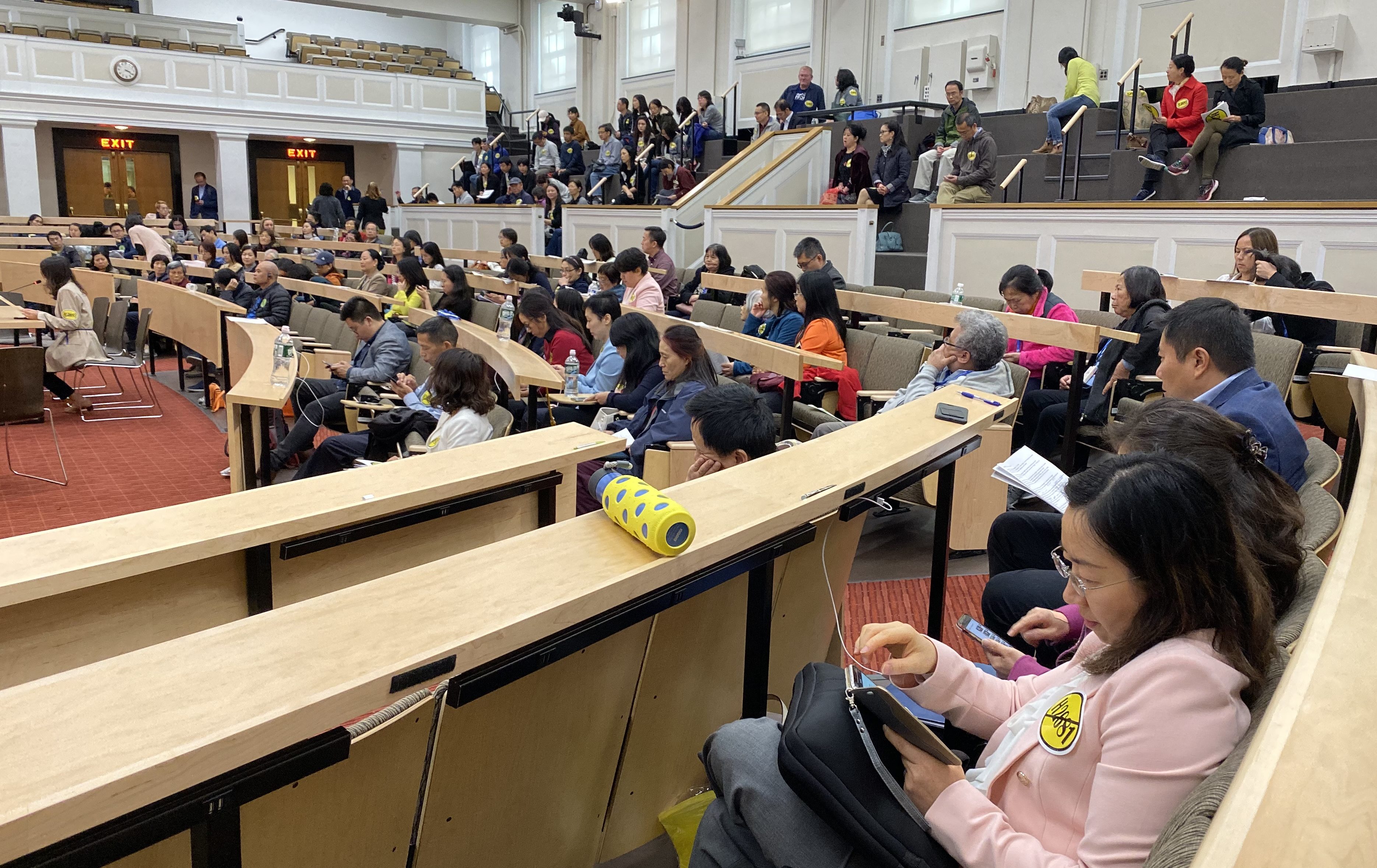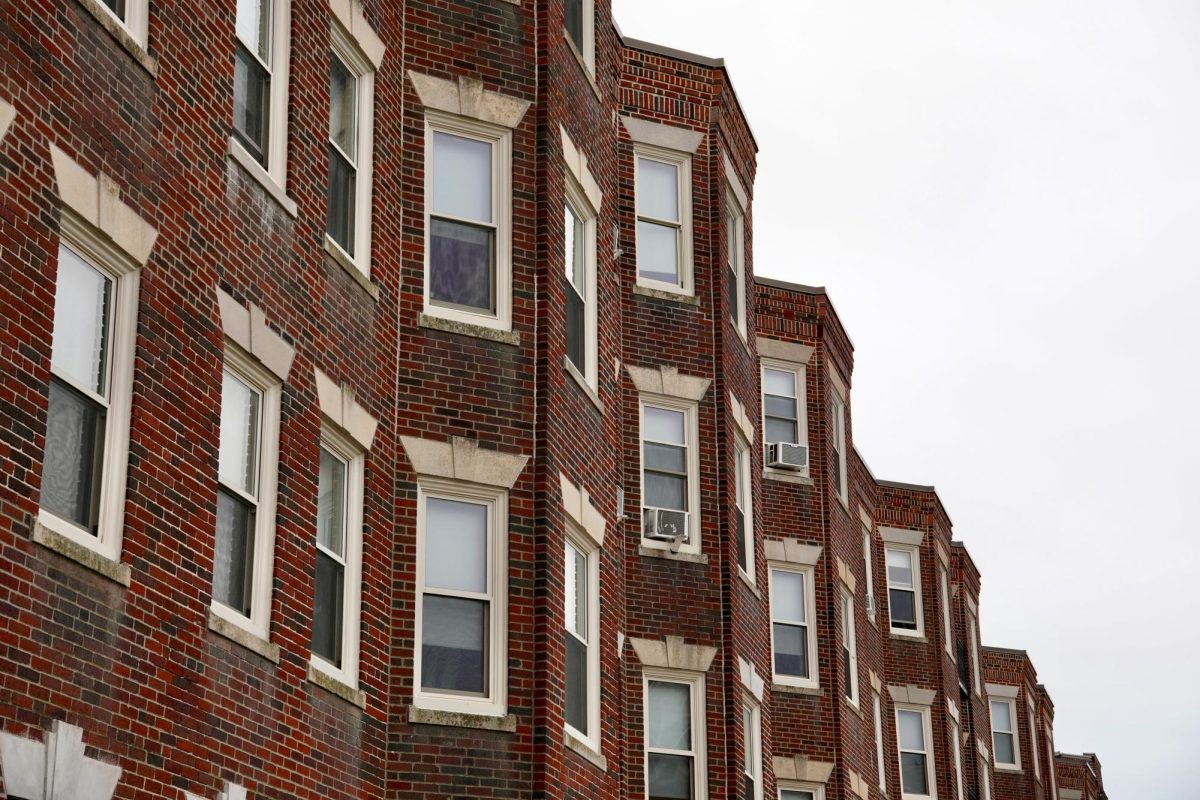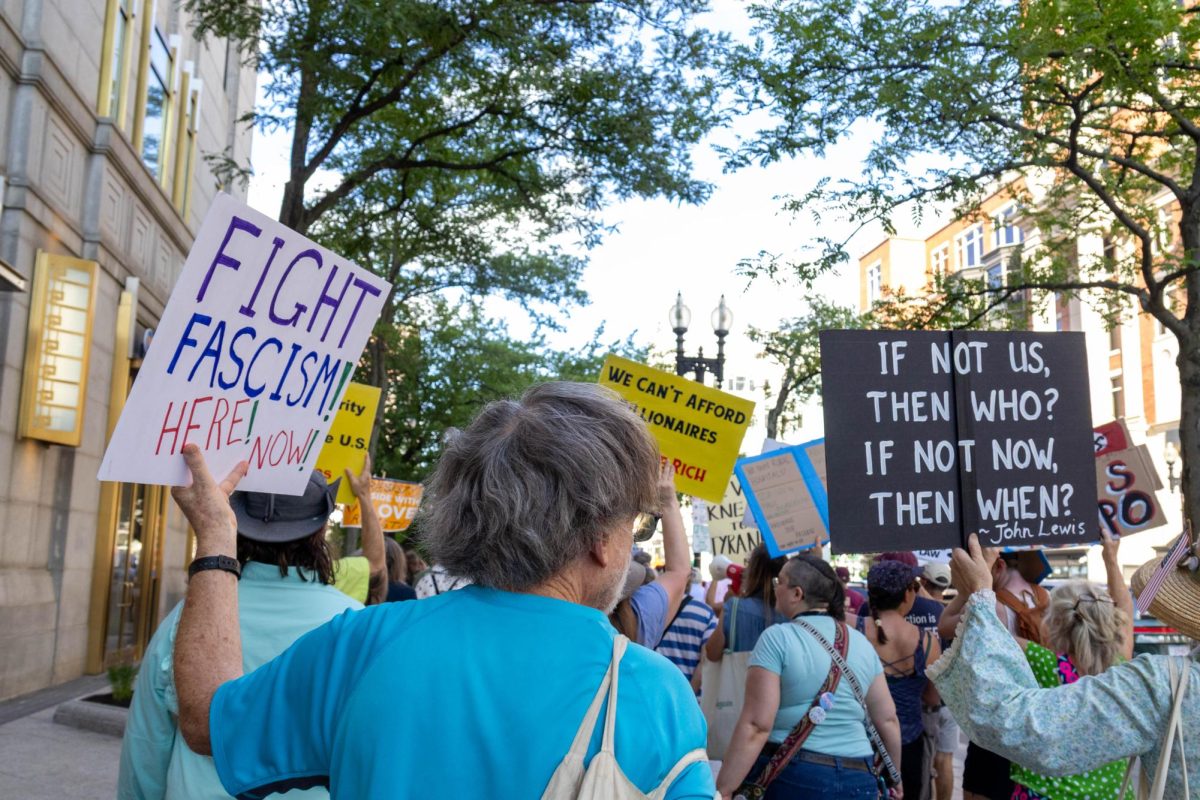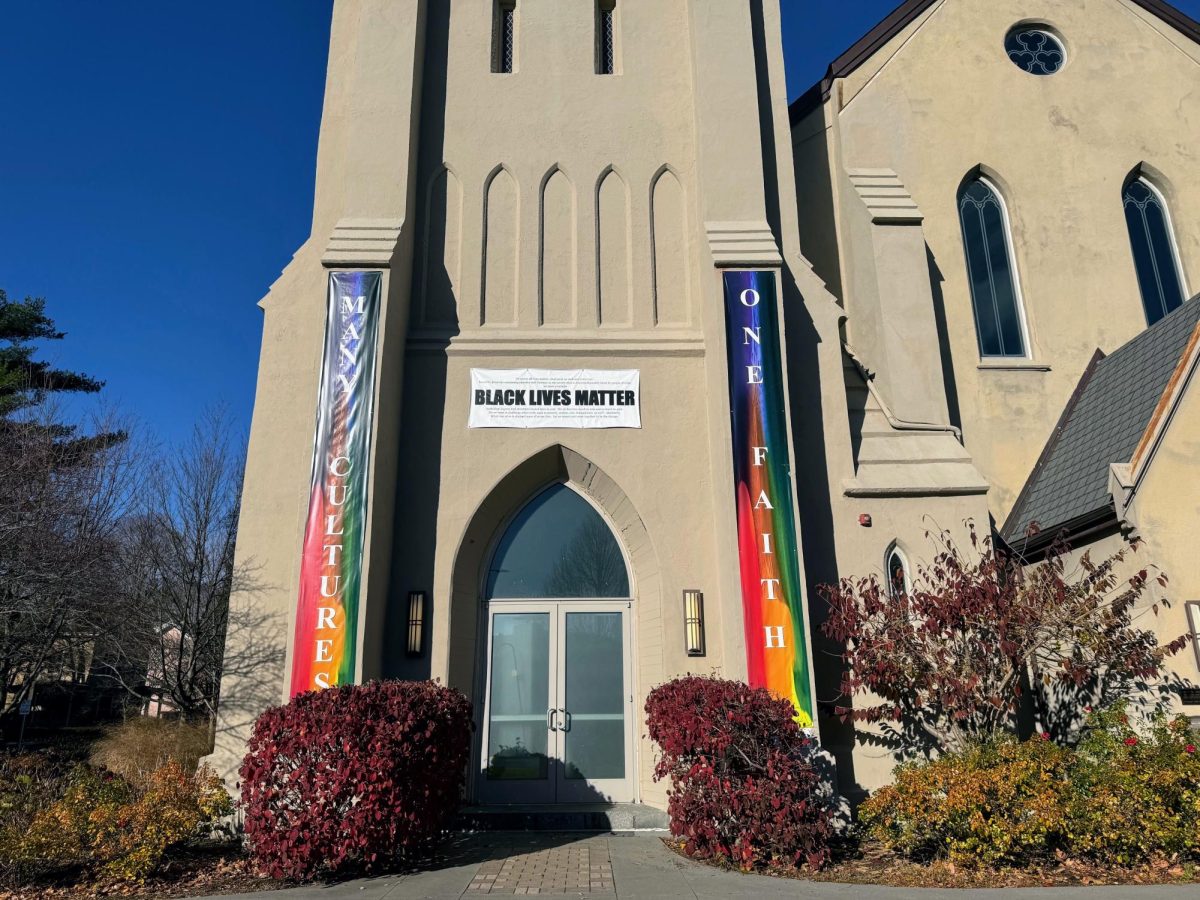Representatives of more than 100 organizations, along with many Massachusetts residents, testified Tuesday on a bill that could require state agencies collect demographic data on ethnic groups.
A similar bill, that focused solely on collection of demographic data from Asian Americans and Pacific Islanders, was heard in January 2018. The current bill, H.2681, which was filed by Rep. Tackey Chan of Quincy this past January, would expand the requirement to include data on blacks, whites and Latinos. It would also add ethnic subgroups to the broader racial categories.
Supporters and opponents of the bill packed Gardner Auditorium at the Massachusetts State House from 10:30 a.m. to 4:45 p.m. in front of the Joint Committee on State Administration and Regulatory Oversight. The coalition supporting the bill was anchored by the Asian and Pacific Islander Civic Action Network, community organizers, advocates, labor unions, allies and individuals, and brought a petition with 1,200 signatures.

Advocates sporting light green stickers that read “Data Equity Now!” said the bill would give representation to groups within the commonwealth such as Vietnamese, Cambodian, Laotian, Bangladeshi, Nepalese, Haitian, Cape Verdean, Somali, Puerto Rican, Cuban, Salvadoran and Dominican communities, that they say have been often overlooked.
Marwa Sayed, a community outreach and legislative advocate that represented the Massachusetts Coalition for the Homeless in her testimony, said the passing of this bill is crucial.
“A big part of our work relies on the data we collect and who needs these services,” said Sayed. She explained that some of these member services include shelters, community health, social services and housing, to name a few.
The Roxbury resident said as someone who is half Indian and half white, Sayed identifies as Asian American, but believes many people want to identify how they wish instead of being sorted into broad categories.
Researchers at UMass Boston’s Institute for Asian American Studies used the U.S. Census Bureau’s American Community Survey to create a report on Asian Americans in Massachusetts. Advocates for the bill have used their findings to show that broad categorization of different groups could lead to generalization. For example, they found that the median household income statewide would be nearly $82,000 for Asian Americans as a broad category, but when broken down by subcategories, Vietnamese and Cambodians, who are the two largest Southeast Asian refugee communities in Massachusetts, have median household incomes tallying around $57,000, according to the study.
Chinatown resident Bing Xian Ma, a member of the Chinatown Resident Association, said he supports the bill as it would help identify social issues.
“We need to have a plan,” said Xian Ma, who spoke through translator Karen Chen of the Chinese Progressive Association. As the United States diversifies, Ma explained, so should the data. He said he hopes the commonwealth will use ethnic subcategories to tackle issues such as gun ownership, homelessness and addiction.
Harvard University student Daniel Lu works for the Chinese Progressive Association part time. He told the Committee that he understands why those against the bill are fearful of being alienated from the racial majority, but said the bill matters to more people than just Asian Americans.
“We all care about our communities,” said Lu. “If we actually want to help Asian Americans, we have to confront structural racism.”
Opponents of the bill, who wore bright yellow stickers that read “H.2681” with a line through it, said the bill would cause further systemic racism, but that the racial factor could potentially could be replaced by collecting other types of data, such as English-language proficiency.

Litiam He said she took time off work and drove from Westborough to testify against the bill as she does not think the bill should be a priority of the Commonwealth. She said the data would be inaccurate after the first generation of Asian Americans as people intermarry and lose touch with their ethnic subgroup.
If the bill passes, people would be able to choose more than one subgroup, write their own or choose a broad category. Litiam He said she still disapproves of the bill giving the different options.
“It’s a political play,” said He. “If it’s optional one year, it could easily become mandatory the next year. It damages human rights.”
Claire Zhang of Weston demanded of the Committee: “Stop segregation and oppose this bill.” She said if former President Barack Obama’s children did not have to subcategorize themselves as Kenyan-American, she should not have to categorize herself by the country she is from in Asia.
Henry Wong of Lexington said he is originally from China and conducted his undergraduate study in Taiwan, but as an American citizen, identifies as an American.
“This tears people apart,” said Wong to the Committee. “What’s the point of separating me? Or my children? It’s unnecessary.”
There are currently 43 cosponsors of the bill between the Massachusetts State Senate and House of Representatives. If the bill is passed, the full contents of the act would go into effect on Jan. 1, 2022.
This article was published in The Bay State Banner.







